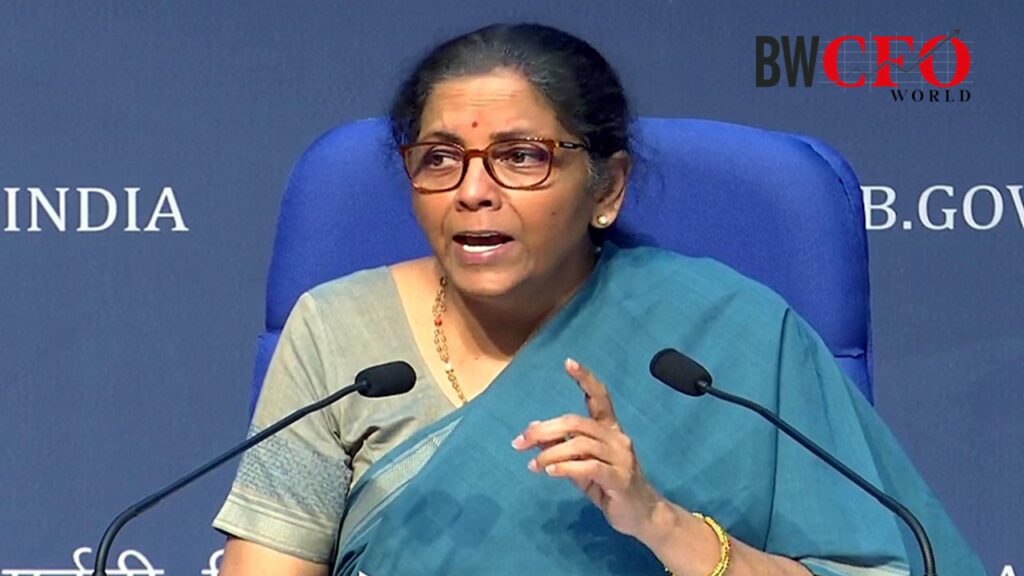Sitharaman also said that the UN’s proposed accelerated action on jobs and social protection should have digitalisation at the core of the design.
Finance Minister Nirmala Sitharaman urged the United Nations that post-pandemic policies must provide for adequate recognition of the mental wellbeing of vulnerable sections. Speaking at the UN’s high-level discussion on jobs and social protection for poverty eradication, Sitharaman also said that the UN’s proposed accelerated action on jobs and social protection should have digitalisation at the core of the design.
She further said that insights from behavioural economics can be leveraged in onboarding those workers who are currently not covered under the formal security net. “One key principle underpinning the post-pandemic recovery with policies integrating health and social protection is the institutional recognition of mental wellbeing of vulnerable sections through psychosocial support. Future policies must adequately provide for this imperative,” she said in her virtual address.
In an ideal world, people would always make optimal decisions that provide them with the greatest benefit and satisfaction. In economics, rational choice theory states that when humans are presented with various options under the conditions of scarcity, they would choose the option that maximizes their individual satisfaction. This theory assumes that people, given their preferences and constraints, are capable of making rational decisions by effectively weighing the costs and benefits of each option available to them. The final decision made will be the best choice for the individual. The rational person has self-control and is unmoved by emotions and external factors and, hence, knows what is best for himself. Alas behavioral economics explains that humans are not rational and are incapable of making good decisions.
She listed out measures taken by the Indian government to ameliorate immediate distress, and provide necessary protection to the vulnerable section of the population and said that India’s free vaccination programme is globally one of the biggest and the country has covered 875 billion vaccine doses as of today. “India launched a comprehensive economic package under the Aatmanirbhar Bharat to combat the impact of the pandemic and to revive economic growth. The financial package of USD 366 billion amounting to more than 13 per cent of India’s GDP was deployed to create employment opportunities for the unorganised sector, strengthening MSMEs and for promoting rural economy,” she said.
To mitigate the impact of the crisis, over 4 million migrant workers were given assistance, while construction workers were given in situ support to sail through the trying times. More than 100 million rural and unorganised workers received wages amounting to more than Rs 1 trillion. “The comprehensive social protection system envisaged to be created under the proposed global accelerator for jobs and social protection should have digitalisation of public financial management systems at the core of the design. In India, the DBT method enabled Jandhan, the Aadhar biometric identification and mobile trinity helped during the pandemic in rolling out social protection measures without any delays,” Sitharaman added.
UN Secretary-General Antonio Guterres has called for accelerated action on jobs and social protection to avoid an uneven global recovery and prevent future crises.
(PTI)
